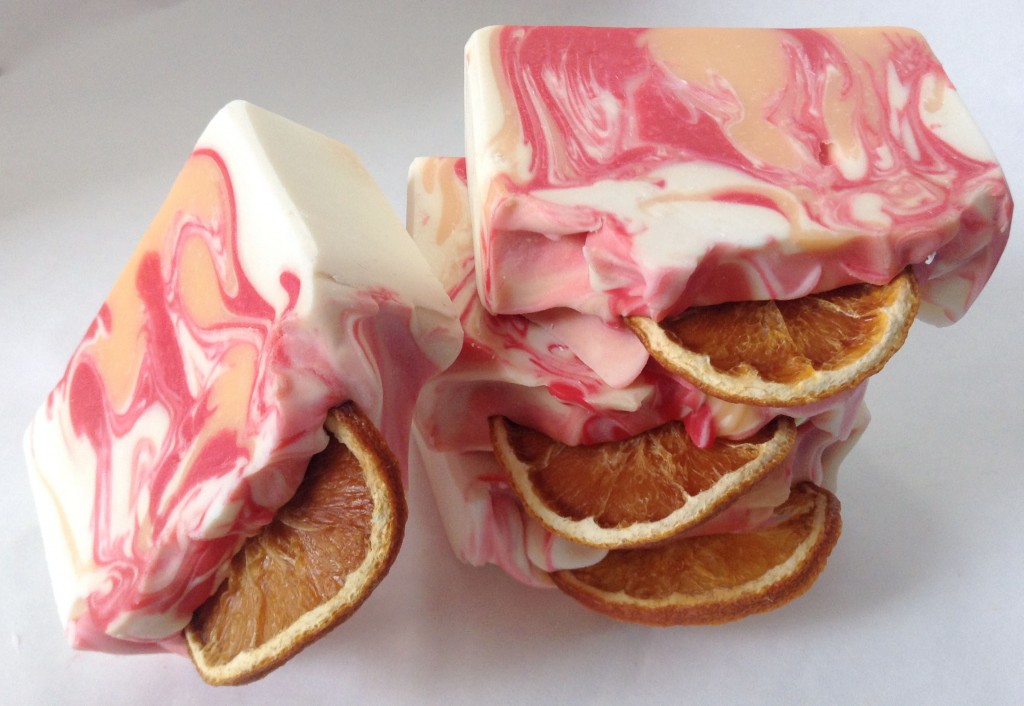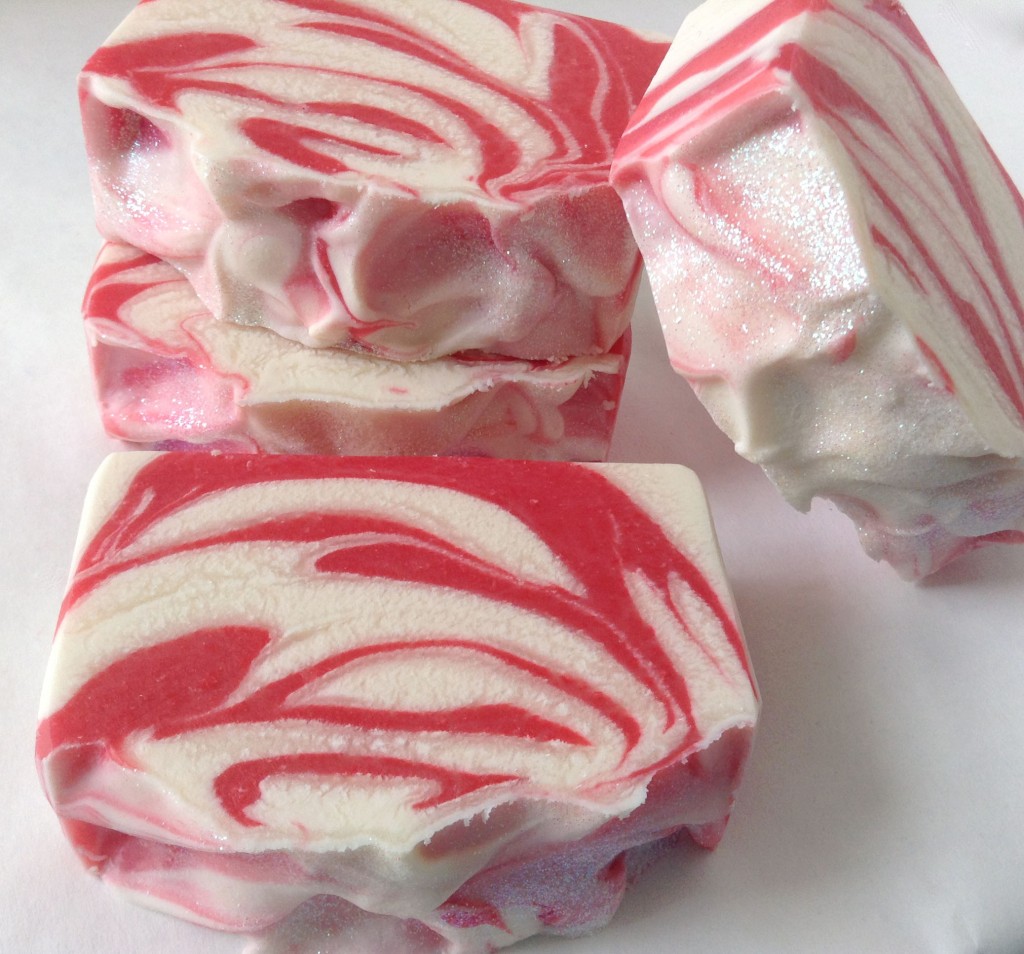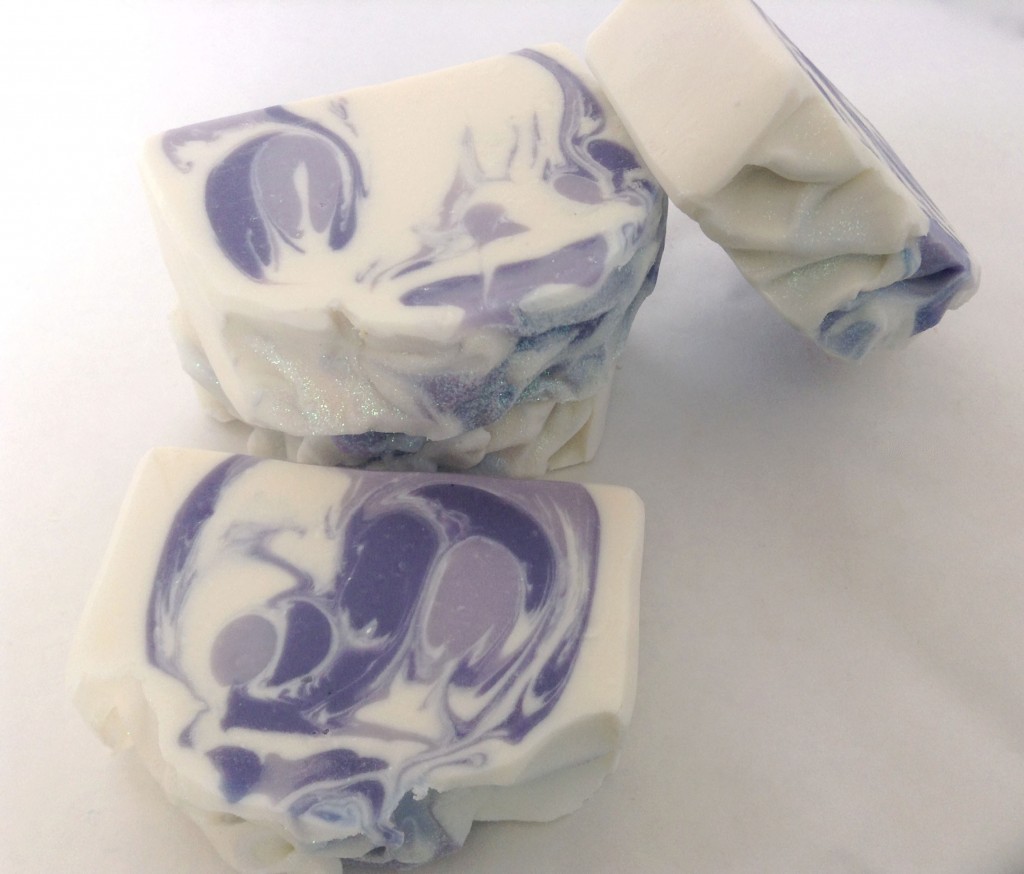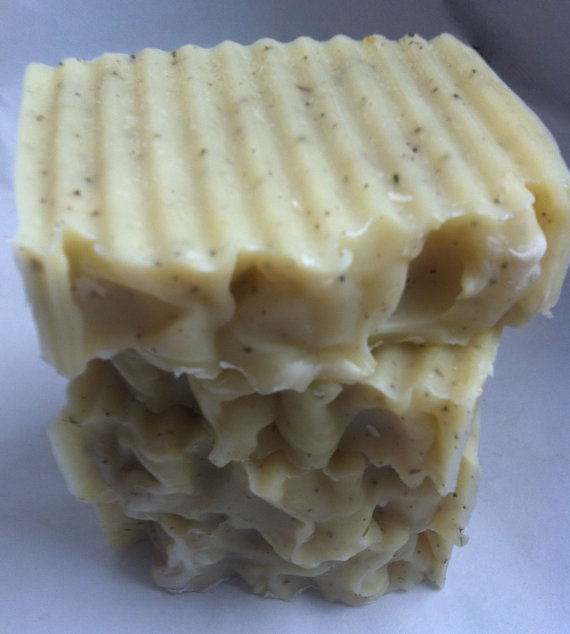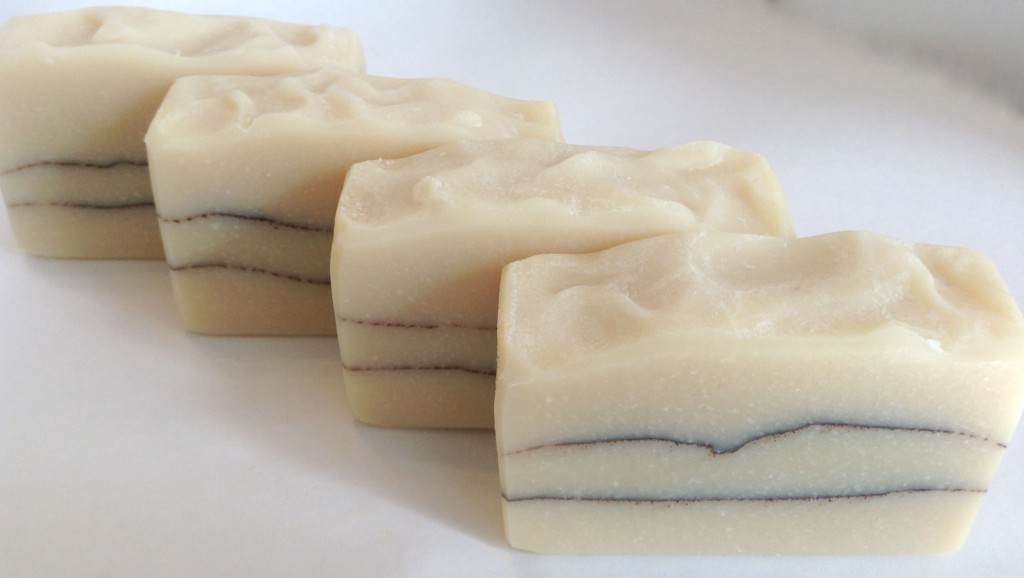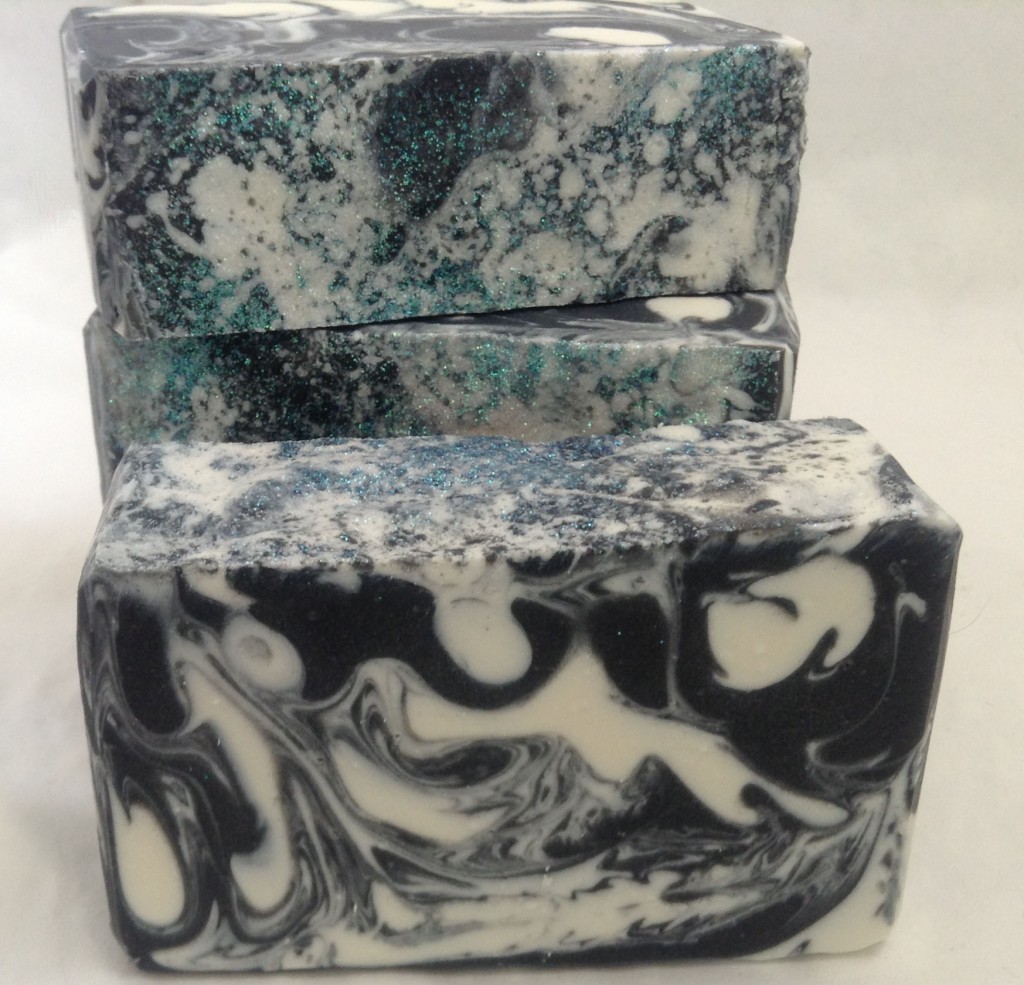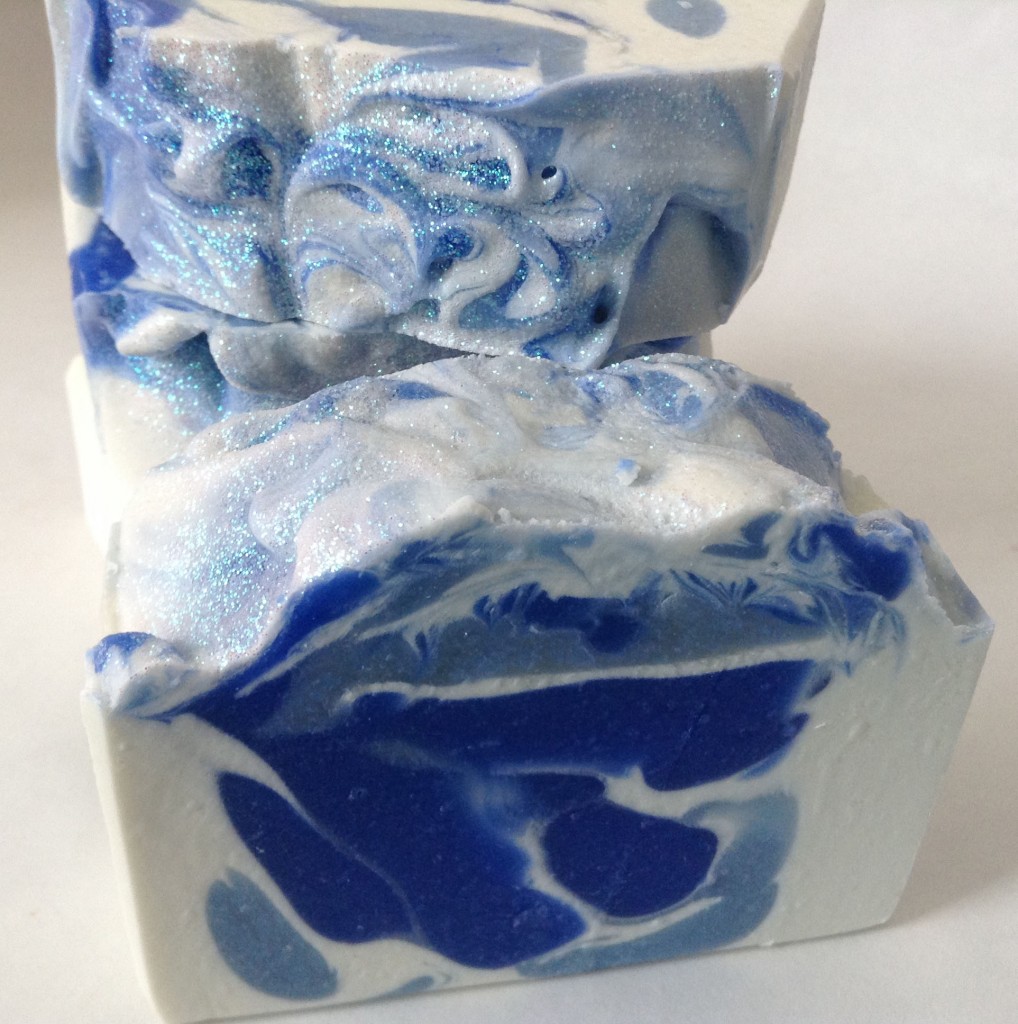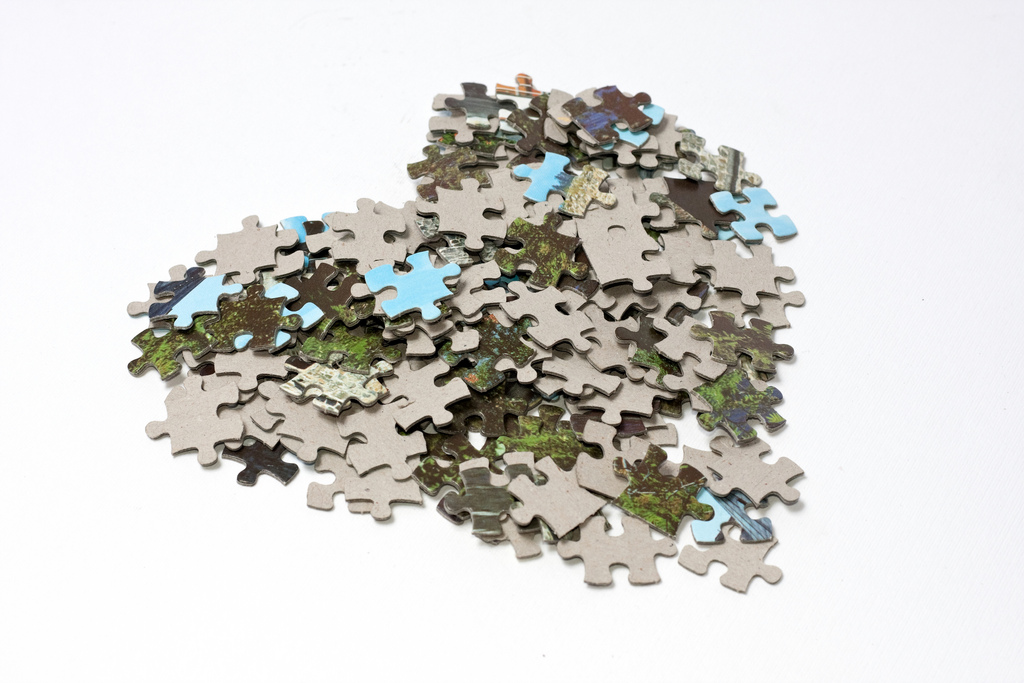 The March/April 2014 edition of Saponifier Magazine focuses on business advice. I cannot claim to have a lot to offer on this front because in many ways, I’m the wrong person to ask. I enjoy making soap, and I sell it on Etsy mainly so I can get it out of the house (and into the hands of people who will like it) so I can make more. I have no great plans to build a huge soaping business and quit my day job. I actually love my day job (which is teaching English, by the way). However, I do have one bit of advice I would like to offer new soapmakers or those wishing to break into the soaping business: Don’t give your soap away for free.
The March/April 2014 edition of Saponifier Magazine focuses on business advice. I cannot claim to have a lot to offer on this front because in many ways, I’m the wrong person to ask. I enjoy making soap, and I sell it on Etsy mainly so I can get it out of the house (and into the hands of people who will like it) so I can make more. I have no great plans to build a huge soaping business and quit my day job. I actually love my day job (which is teaching English, by the way). However, I do have one bit of advice I would like to offer new soapmakers or those wishing to break into the soaping business: Don’t give your soap away for free.
I don’t mean don’t give your soap as gifts. One of the best perks of being a soapmaker is that you have ready-made gifts on hand that people actually really love because they are handmade, by you, and are also great to use, a real indulgence.
I’m also not talking about donating your soap to a good cause, such as Clean the World or auctions. If you believe in the cause and don’t mind donating your soap, then donating your soap is a positive way to support the cause. However, in such cases, you are not exchanging your soap for promises of “exposure” which might lead to future sales, and there is a difference between supporting a cause and giving your soap away to an organization that plans to make money from selling it without compensating you.
What I mean when I say don’t give your soap away for free is be wary of accepting offers to donate your soap for the purposes of “exposure.” Such schemes might work, but if they don’t, you have given away a lot of your time and hard work, not to mention the money the materials cost. If people truly value the time, work, and money you put into your soap, they will compensate you for it with something less nebulous than “exposure.”
I have been approached on a few occasions to donate my soap to companies that sell bath and beauty baskets. These baskets are either given away or sold to subscribers, but those who contribute will see their products get into the hands of people who might otherwise not have seen them. The thought is that those people will then go on to buy your products. I’m not convinced that giving your soap away to companies like this will lead to large amounts of sales, but I do find other methods of exposure do seem to work.
Social networking sites, such as YouTube, Facebook, Twitter, Flickr, and Instagram do seem to allow soapmakers to share their soap with a wider audience. Etsy is a little bit glutted with soapmakers, but I think selling on a site like Etsy might generate a little more exposure than a standalone website, unless you are also quite active in social networking and work a circuit of farmers’ markets and craft fairs. Etsy also allows you to purchase ads for a reasonable fee, which will increase the chances your items will appear at the forefront in search results.
If companies truly want to help you grow your business and offer you exposure, they will negotiate a fair wholesale price for your soap. That way, you are are compensated for your time, work, and costs, and they are still able to make a profit. Otherwise, they are looking to take advantage of you and keep all the profits.
Image credit: Liz West

